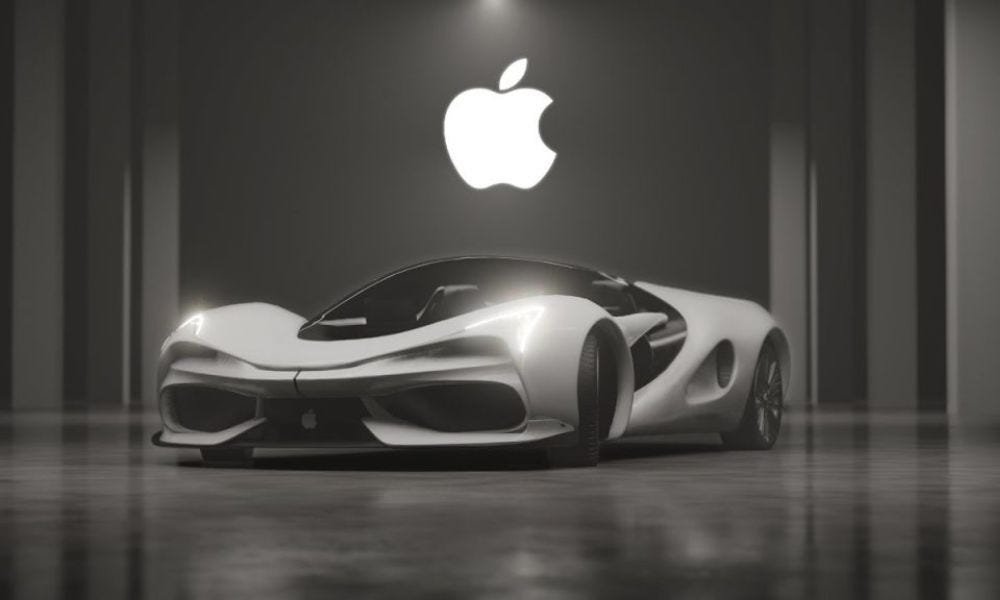The tech giant Apple is said to have canceled its electric car project after ten years of planning and funding, refocusing funds on artificial intelligence (AI) research.
The tech giant Apple is said to have canceled its electric car project after ten years of planning and funding, refocusing funds on artificial intelligence (AI) research.
The decision marks a significant shift in the company’s strategic priorities, with employees from the now-defunct project being reassigned to bolster Apple’s AI division. Market analysts have greeted the news positively, signaling confidence in Apple’s forward-thinking approach.
The ambitious venture, dubbed Project Titan, was initiated by Apple ten years ago amid widespread enthusiasm for self-driving vehicles within Silicon Valley. Originally slated for a potential release as early as 2024, the electric car project encountered numerous obstacles, including setbacks exacerbated by the COVID-19 pandemic. Despite pouring billions into research and development, the endeavor failed to gain traction, leading to a strategic pivot.
Initially envisioned as a groundbreaking endeavor to produce fully autonomous vehicles devoid of traditional steering mechanisms, Project Titan gradually scaled back its ambitions, focusing instead on incorporating advanced driver-assistance features into a more conventional automobile design. The company’s workforce within the project was notably reduced in 2019, with 190 employees reportedly being laid off.
Apple’s decision to abandon its electric car aspirations mirrors a broader trend within the automotive industry. Several major automakers, including market leader Tesla, have opted to scale back investments in electric vehicles (EVs), with some diverting attention towards hybrid models rather than fully battery-powered cars.
Elon Musk, the billionaire CEO of Tesla, reacted to the news of Apple’s withdrawal from the sector with a tweet featuring emojis symbolizing a salute and a cigarette, signaling a mix of acknowledgement and perhaps relief.
The struggles of the electric vehicle sector can be attributed, in part, to a sluggish global economy. High interest rates have increased borrowing costs, dampening consumer demand for the typically higher-priced electric vehicles and prompting industry-wide job cuts and production reductions.
Despite initial optimism surrounding the potential for EVs to revolutionize transportation and combat climate change, the sector has encountered significant headwinds in recent years.
As Apple reorients its focus towards artificial intelligence, the move underscores the growing importance of AI in shaping the future of technology. With applications ranging from virtual assistants to autonomous systems, AI represents a frontier of innovation with far-reaching implications across various industries. By reallocating resources to strengthen its AI capabilities, Apple aims to maintain its position at the forefront of technological advancement and remain competitive in an increasingly dynamic landscape.
While the demise of Project Titan may mark the end of Apple’s foray into electric vehicles, it signals a new chapter in the company’s quest for innovation. As the tech giant pivots towards AI, the decision reflects its commitment to adapting to evolving market dynamics and harnessing emerging technologies to drive future growth and success.
